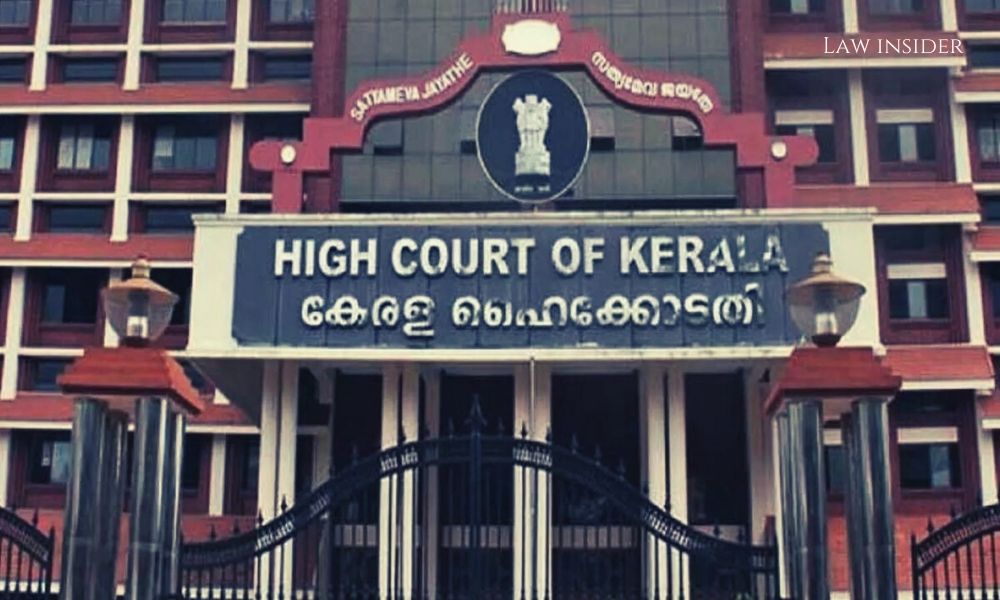Priya Gour
Published on: 4th August 2022 at 18:57 IST
The Kerala High Court noted about the difficulty of proving the burden related to dowry death cases, under Section 113B of the Indian Evidence Act. This casts a burden for the accused to disapprove the same.
Justice A. Badharudeen held that the `preponderance of probabilities‘ remains the basis while it is ‘beyond all reasonable doubt’. The court noted that:
“An initial burden exists upon the prosecution and only when it stands satisfied, the reverse burden would arise and the standard of proof required to prove the guilt of the accused on the prosecution is `beyond all reasonable doubt’.”
“But it is ‘preponderance of probabilities’ on the accused. Thus the law is clear on the point that proof of reverse burden shall be discharged on the basis of ‘preponderance of probabilities’.”
The Case:
The appeal was filed before the Court by the husband and mother-in-law of a deceased woman, that challenge their conviction under Sections 304 (B) (dowry death), 306 (abetment of suicide) r/w 34 of IPC by the Sessions Court. The prosecution submitted that 35 sovereigns of gold were given to the deceased at the time of marriage, along with a sum of Rs. 2.5 lakhs promised to be paid as dowry within 2 years. However, the deceased was subjected to consistent nagging and dowry demands post her marriage at her matrimonial home by her husband and mother. As a result, the deceased committed suicide within a year. The husband and mother-in-law after being booked, could not present valid defence. Later, they were convicted to rigorous imprisonment by Sessions court. This was challenged by the accused in the High Court.
Court Decision:
The Court noted that essentials required to to prove the offence of dowry death under Section 304B of IPC would be:
- Death under normal circumstances
- Within 7 years of marriage
- Cruelty
- Connected demand for dowry.
Since all these have been proved before the court and no such defence to disapprove them has been made by the accused husband. The Court upheld the husband’s conviction.
Justice Badharudden noted:
“Merely because an accused has been held liable to be punished under Section 498A IPC, it does not follow that on the same evidence he must also and and necessarily be held guilty of having abetted the commission of suicide by the woman concerned.”
However, evidence did not suggest that cruelty and harassment had exited on part of mother-in-law. So she can not be held responsible under Section 304B and 306 of IPC by convincing evidence. Therefore, conviction and sentence imposed the mother-in-law under Section 304B and 306 of IPC is not right. Hence, it shall be set aside. The Court gave its resasoning that:
“The said procedure adopted by the learned Sessions Judge is illegal. It is to be borne in mind that when the statute imposes imprisonment and fine, the same shall be read in `conjunctive’ and not `disjunctive’. Therefore, both forms of punishment shall be imposed.”
Therefore, the Court reduced the sentence of the accused mother-in-law of 2 years and imposed a fine of Rs.20,000.

